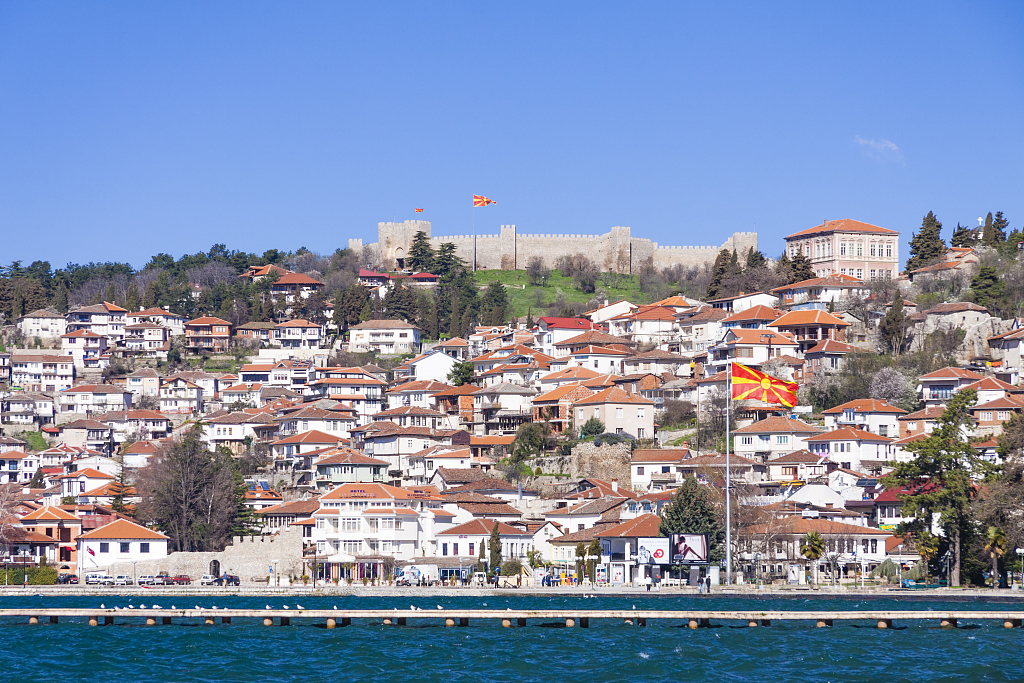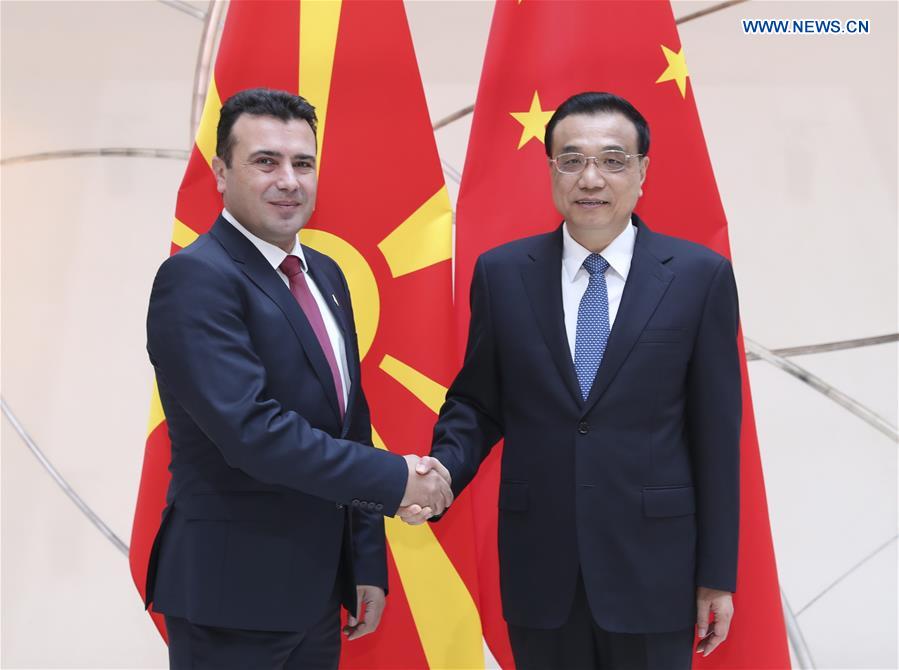The Republic of Macedonia
The Republic of Macedonia is located in South-East Europe, at the center of the Balkan Peninsula. Its terrain is characterized by massive mountains, intersected with wide valleys and lowlands. The country is bounded with Serbia and Kosovo in the north, Bulgaria in the east, Greece in the south and Albania in the west. The significance of Macedonia’s geographic position, being a central Balkan country neighbored by five countries diverse in their potential and development, is that all of them are directed toward mutual trade and complementing economies, mainly through the territory of the Republic of Macedonia.

Facts
Capital:
Skopje
Population
2,075,000
Area
25,713 km2
Ethnic Groups:
64.18% Macedonians
25.17% Albaninas
3.85% Turks
2.66% Roma
1.78% Serbs
Language
Official language in the Republic of Macedonia is Macedonian. In municipalities where ethnic groups are represented with over 20% of the total population, then the official language beside Macedonian is also the language of that ethnic group.
State Currency
Macedonian Denar (MKD)
Climate
Macedonia has moderately continental to Mediterranean climate with four distinct seasons. Along the valley of the Vardar River and the Strumica region the climate is moderately Mediterranean, while inland the climate is generally continental with hot dry summers and cold rainy winters.
Political and Legal System
Following the state referendum in 1991, the Republic of Macedonia established a sovereign stated based on parliamentary democracy. The executive authority rests with the government, headed by a prime minister. The prime minister and the cabinet ministers are elected by the National Assembly. Ministers are elected by a majority vote of deputies in the National Assembly.
The National Assembly (the Parliament) of Macedonia, the legislative body of the country, consists of 123 representatives who are elected every four years. The president of the Republic of Macedonia represents the Republic, and acts as commander-in-chief of the Armed Forces. The president is elected on general and direct elections, with a mandate of five years, and a maximum of two terms.
According to the Constitution and the laws, the judicial authority is independent and exercised by courts. The Judicial Supreme Court is the highest judicial body in Republic of Macedonia, ensuring the unity in applying the laws by the courts. The State Judicial Council is an independent judicial body that guarantees the independence of the judiciary. The Constitutional Court is a body of the Republic that protects the constitutionality and legality. The latest legal changes in 2007, introduced the Administrative Courts, to act upon appeals on decisions made by the state administration.
China-Macedonia Relations
In 2013, the People's Republic of China and the Republic of Macedonia jointly celebrated the 20th anniversary of the diplomatic ties. The friendly and cooperative relations between the two countries deepened.

Chinese Premier Li Keqiang (R) meets with Macedonian Prime Minister Zoran Zaev in Budapest, Hungary, Nov. 28, 2017. (Photo: Xinhua)
Close exchanges were conducted at the top level. In November 2013, Premier Li Keqiang met with President of the Government of Macedonia Nikola Gruevski in Bucharest, Romania on the sidelines of the Meeting of Heads of Government of China and Central and Eastern European Countries. In July 2013, President of the Government of Macedonia Gruevski attended the Local Leaders' Meeting of China and Central and Eastern European Countries in Chongqing, China. President Xi Jinping and Premier Li Keqiang met with him. In October 2013, Macedonian President Gjorge Ivanov made a trip to China to attend the 14th Western China International Fair in Chengdu. In Beijing, President Xi Jinping met with him, and CPPCC Vice Chairman Su Rong and President Ivanov attended the reception celebrating the 20th anniversary of China-Macedonia diplomatic ties.


